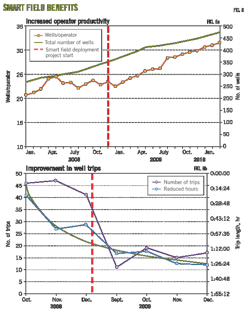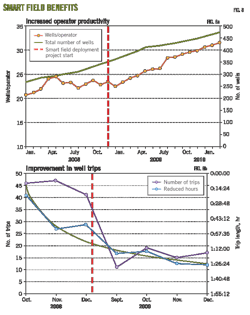Jordan to exploit shale deposits under accord with Enefit
The Jordanian government, aiming to overcome years of dependency on outside sources of oil and gas, has granted Estonia's Eesti Energia (Enefit) a concession of up to 50 years to develop oil shale deposits in the country.
"The oil shale deposits are strategically important to Jordan's national energy policy," said Maher Hijazin, the Director General of Jordan's Natural Resources Authority. "Through this concession, we have put in place the framework for future development of the oil shale industry," he said.
Enefit concurred, saying that, "Since Jordan has no other alternative sources of energy to guarantee its energy independence and the country depends on energy imports for 95% of its energy need, the government is motivated to start utilizing oil shale in the near future."
Enefit agreement
Under terms of the agreement, Enefit will conduct geological and hydrogeological studies of Jordan's oil shale resources and undertake an environmental impact assessment of its oil shale processing technology.
Enefit has the right to utilize part of Jordan's Attarat Um Ghudran oil shale deposit where it has two main development projects. The first is a 38,000 b/d shale oil plant and the second is an oil-shale-fired power plant of up to 900 Mw capacity.
Enefit said its role is to be the project developer and technology provider for the shale oil plant.
"Both in the development stage as well as the following industrial stage, additional investors are planned to be included into the project by gradually decreasing Enefit's participation in the venture," the firm said.
The Attarat Um Ghudran oil shale deposit lies in Central Jordan and, according to Enefit, it is the largest of the known Jordanian oil shale deposits, with estimates putting the total amount of oil shale in the deposit at 25 billion tons.
According to the US Geological Survey, the Attarat Um Ghudran deposit is one of the eight most important in the country. The others include Jurf ed Darawish, Sultani, Wadi Maghar, El Lajjun, Khan ez Zabib (east of Wadi Thanat), Siwaqa, and Wadi Thanat (see map). In its assessment of the Jordanian oil shale deposits, the USGS noted that "surface water for oil-shale operations is scarce in Jordan; therefore, ground water will need to be tapped."
It added that a shallow aquifer that underlies the El Lajjun deposit and provides fresh water to Amman and other municipalities in central Jordan is "too small in capacity to also meet the demands of an oil-shale industry."
The USGS said that a deeper aquifer in the Kurnub formation, 1,000 m below the surface, may be capable of providing an adequate supply of water, "but this and other potential ground-water sources need further study."
Meanwhile, Enefit said its concession covers 38 sq km and is estimated to contain over 2 billion tons of oil shale.
"Under certain conditions, the area can be expanded, in which case the total resource under the concession would be ca. 4 billion tons of oil shale," Enefit said.
Other oil shale agreements
Jordan's agreement with Enefit comes on the heels of several others in recent months, most notably Jordan Oil Shale Co. BV, a subsidiary of Royal Dutch Shell PLC, to explore for oil in the country's shale deposits (OGJ Newsletter, May 25, 2009).
Harri Mikk, an Eesti Energia board member, told Estonia's Postimees newspaper that Shell had invested $1 billion in developing an underground oil-shale extraction technology and it was likely that another $1 billion would be needed.
"They must keep investing in order to find out whether the underground extraction technology is at all viable. We, on the other hand, are using technology already employed in Estonia," Mikk said.
"The development phase of the Jordanian project will cost an estimated $60 million over the next 4 years, to be provided by the parties to the project," Mikk said.
"It is absolutely certain that Jordanian oil shale is suitable for shale-oil extraction. There is only the question of whether an oil-shale industry will be built up in Jordan within the next decade," Mikk said.
"The reason for investing so much in the development phase and running very thorough tests, designing the necessary facilities, and doing studies is the need to find out at this stage if there are any technical, economic, or environmental obstacles preventing us building up the industry," he added.
"It would be possible to shelve the project, should such obstacles occur," Mikk noted.
Enefit operates in Jordan via its subsidiary Jordan Oil Shale Energy Co., which has a 75% stake in the project, while the remaining 25% belongs to local partner Near East Investments.
More Oil & Gas Journal Current Issue Articles
More Oil & Gas Journal Archives Issue Articles
View Oil and Gas Articles on PennEnergy.com

